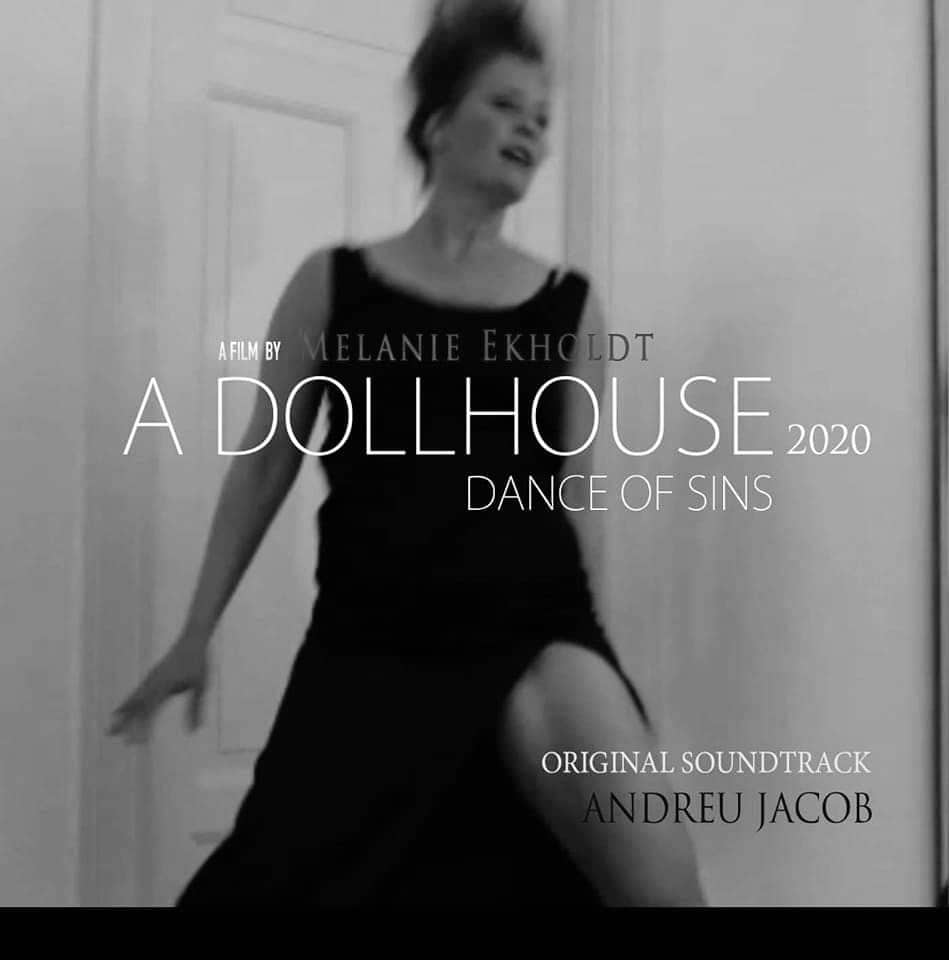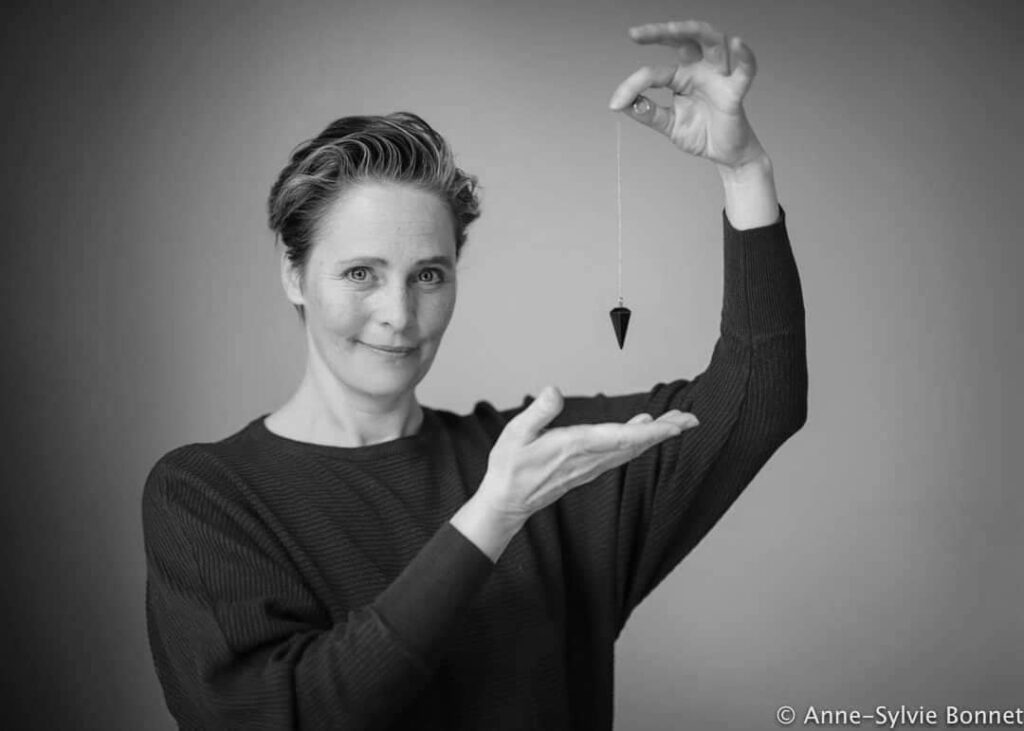
–Who is Melanie Ekholdt?
I am creative psychiatrist and a filmmaker.
As a medical student at the beginning of the 90`s, I often brought a camera with me to explore both the real life and the imaginative life and edited some short “home- made”movies.
As a young mother and a young medical doctor, the camera was left aside.
Then in 2015, just when I had finished my specialization in child and adolescent psychiatry, I got caught up in the personal story of the young rap artist Michael Kildal. I invited him to cowrite a book about young boys based on his rap lyrics. He said yes.
By a more or less unconscious act I brought the camera with me and not a sound recorder when we started the project “In love with craziness”.
The clips of our conversations about Michael`s music became a 20 minutes long film about his life. The film was created in close cooperation with the producer Karina Astrup from House of Gary. The documentary «In love with craziness» started its festival journey in February 2020 and has received a few awards.
http://www.forelskaigalskap.no/en/index.html
–What inspired you to become a filmmaker?
The field of mental health community showed an interest in the story of Michael and invited me to screenings at conferences. Through the audience`s emotional reactions and my own personal experiences, I discovered the transformative power of films. I then got the inspiration to continue my exploration of the art of filmmaking.
When I became aware of that I could not let go the camera, I planned my next documentary “Our Sins”. This time the story was based on autobiographic content; my own separation process. In cooperation with Helene Knoop, one of Norway’s foremost figurative painters, I documented the creation of a painting called «the Flood” where I was the model. In the workshop, during the three painting sessions, which lasted 2-3 hours each, I shared my thoughts and emotions about the separation in a free flow of association.
When Helene was going to bring me the painting, I invited a good, old friend to join me and welcome the painting into my new apartment. I asked her to share her views on the divorce.
I set up the camera in the living room. The painting was hanging on the wall. I was behind the camera while my friend was sitting in the couch talking with Helene. My friend was sharing her thoughts related to the impact of the divorce on my family. The artist was listening. The camera was there as a witness. As I was listening to the conversation that was unfolding before my eyes, shadow sides of the separation process got clearer. From an ethical point of view, it was no longer an option to make this project public. At least, at that time and in the way I had thought.
The solution then became making a series of artistic short films named “Dance of sins” that brought in Nora, a famous theater fiction figure, as the main character of the stories. Henrik Ibsen´s masterpiece “A Doll`s House” became a big source of inspiration, and three short movies were produced in less than one year. “Nora`s Wedding anno 1905” and a “Dollhouse 2020- Dance of sins” have already received quite a few awards at festivals. “A Dollhouse 2041” just started its festival journey and is already selected to quite a few festivals.
The plan is to present this serie of experimental shortfilms “ Dance of Sins” on a specially made digital exhibition platform named “Nora´s Ark”. I would like to bring in young people to create content of their reflections on the platform. I hope that this joint creation can be a way of preparing them to different kinds of life events they may experience in their adult life.

-Do you think the cinema can bring a change in the society?
I really believe in the transformative, emotional space that movie theaters give us. We can go there with a group of friends or the family. We can go there alone and sit in the dark being dragged in film without disturbance from others or we can bring a lot of people together and have a public talk about the movie after the screening.
Especially the documentary genre has a big transformative power in a larger public room because it is working more directly with our collective consciousness.
Both documentaries and fiction films can have a healing power on each one of us. The modern streaming services give us the opportunity to explore more personal and relational topics with our family, friends and/or partners at home. By watching shorter and longer films and series in our own living room we can easily share the stories we just love with our loved ones. Personal, individual changes are very often connected with our closest relationships. Because they have a big impact on us. Therefore I think positive changes in the society are often connected to our personal transformations through our families and friends.
-What would you like to change in the world?
I think that the world, the nature and human beings are constantly changing. Often painful lifeevents are necessary to activate these transformations processes, both in each of us and in the different collective systems. Sometimes through close relationships, sometimes by meeting a new person in a new universe, bigger positive changes can happen within an individual.
My belief is that individual personal changes can bring in changes in larger collective systems; such as in the field of mental health, the film industry or education systems.
For me making movies forces me to be more conscious about all the beautiful changes happening in ourself and around us; in others and in society.
Through my independent production company “Joyful production”, I wish to explore the complexities and magic of our own personal stories. By jointly creating shorter and longer fiction films and documentaries with a crew of artistic and creative freelancers I hope to show how many positive changes are actually happening around me, both in Norway and abroad.
Joyfulproduction.no
-Where do you see the filmindustry going in the next 100 years?
I have noticed that people of all generations are spending less time reading books, and more time watching films. For me watching a movie is like oral story telling. Being in a movie theater in the dark, is nearly like sitting around the fireplace listening to the storyteller coming to the village. Myths and folk stories have been told without written words for hundreds of years. And a natural selection of the most powerful stories is still living in our societies, often conveyed by artistically good films. I love reading books, but I think it is also a kind of exclusion. Quite a few children are dyslexic and many adults lack reading skills. With internet it is now possible that nearly everybody can find the films with the stories they need for their situations. So for me movies are the future! The fact that it is now possible to watch a movie without paying too much means everybody can watch a good movie. And they will choose the good ones! So I am quite optimistic for the future of the filmindustry.
The State in Norway is really embracing filmmakers as important changemakers. In each region there is a public film center helping independent film makers in different ways to develop themselves by offering coaching and economical support. I hope that also other independent film makers from other countries get support from the State they live in or from other public or private institutions.

